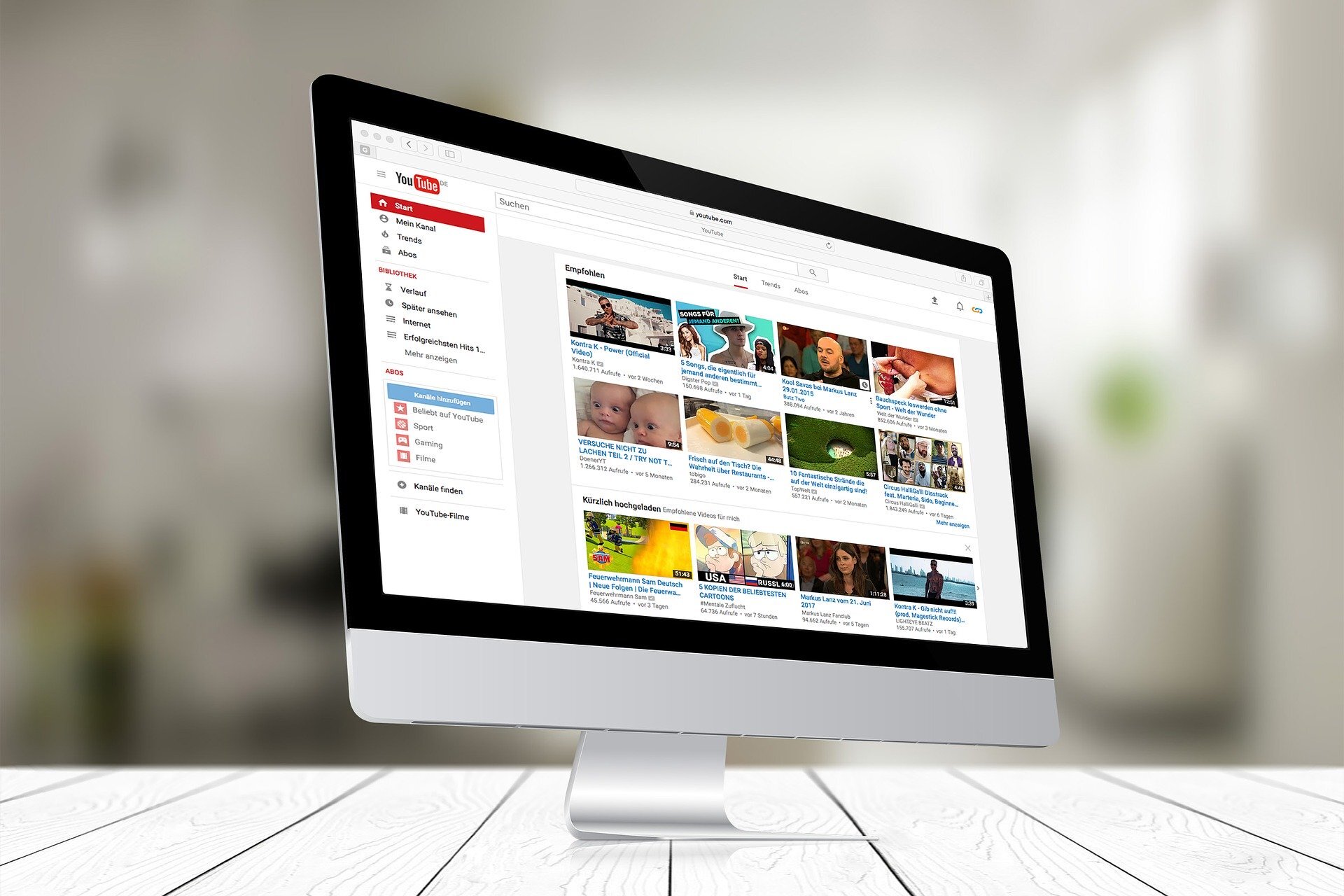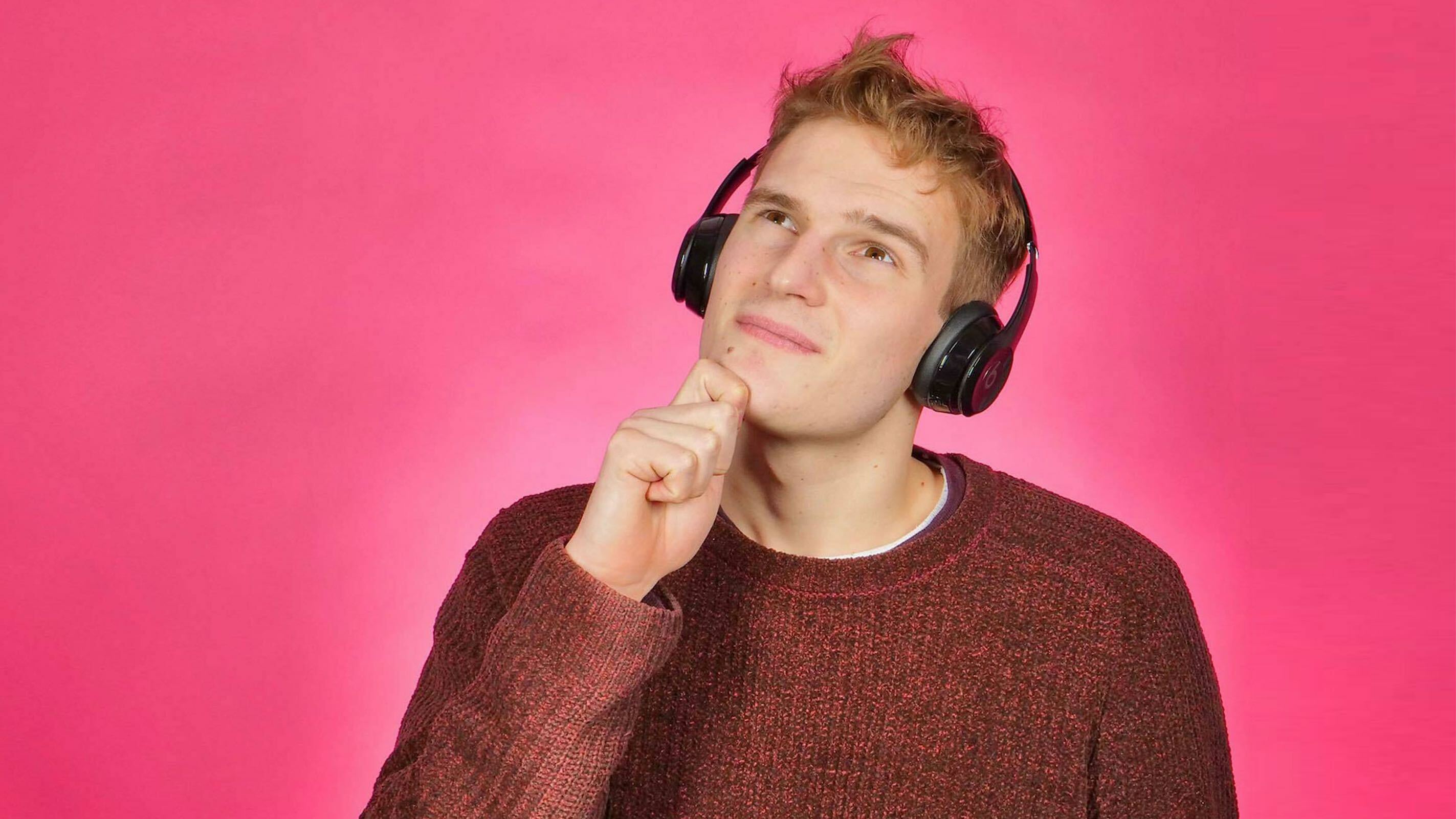Colin Gray has been helping people set up and run successful podcasts for more than a decade. Coming from an education background, in 2008 Colin began teaching lecturers how to use podcasting to enhance student learning. He then founded The Podcast Host website in 2011, which is now one of the biggest and most authoritative podcasting blogs on the web.
Colin also hosts his own podcast called PodCraft which is released in seasons - each one covering a different podcast-related topic, from equipment to monetisation. More recently, Colin founded Alitu - a web app that makes podcast production really easy with automated tools for editing, branding and publishing.
In this interview, James Deeney speaks with Colin about some of the fundamentals of podcast planning and production. They discuss:
- 01:39 - Why Colin founded The Podcast Host and his journey so far
- 03:44 - Why podcasts make such powerful learning tools
- 07:03 - How to structure your podcast to help your listeners learn
- 13:00 - How to efficiently repurpose your episodes into text and video
- 21:35 - The benefits of releasing a podcast in seasons
- 27:05 - Hosting live podcasts as a way to build audience loyalty
We’ve summarised a few of the highlights from the conversation from below.
Follow Colin on Twitter @thepodcasthost
Why Podcasts Make Learning Easier
In education, podcasting gives lecturers the ability to share engaging audio content which students can listen to anytime, anywhere. It extends the boundaries of the lecture hall beyond the university campus.
Part of the power of podcasts is the 1-to-1 engagement you get with the listener.

Outside academia, the majority of podcasts out there today are still educational in nature. This is especially true in business podcasting, where the most reliable way to grow an audience and sell your product is to help people.
You can only extract value from your audience by giving away lots of value for free first. And that basically means teaching. So we asked Colin for his thoughts on why podcasts make such powerful learning tools:
"A big part of the power of podcasts is the 1-to-1 engagement you get with the listener. For some reason it’s just way more personal than video. With video it’s like there’s a glass screen separating you and the presenter. Podcasting is much more intimate.
When you speak into the mic, it feels like you’re talking to one person. It’s like a personal conversation. There is something really close and engaging about listening to a podcast. It’s like the host is talking directly to you. And as a learner, that’s exactly what you want. You don’t want to be listening as part of a huge crowd. You want the teacher to be teaching you individually."
As well as bringing us closer to the teacher, podcasts are also able to sustain our attention for much longer periods of time. Colin explained that videos and blogs often struggle for attention because the content has to constantly compete with other (usually more enticing) things.

"We’ve all gone to YouTube to find a video to learn how to do something. But there are all these other exciting suggested videos on the right hand side waiting to steal your attention away to something else. Or you might be tempted to start answering emails in another tab. Something or other is distracting you from learning.
But with podcasting people routinely listen for an hour at a time. This is because of the context you’re listening in. You’re bored by another activity and you want a distraction. You’re on the bus, driving a car, or mowing the lawn. You just want something to keep you going through that period. So you end up listening for a long time. This means you can put out learning material that lasts 30 minutes and people will actually take it all in."
Prolonged periods of attention combined with a personal and intimate listening experience is what makes podcasting so powerful. Not only is this great for teaching purposes, but it also explains why hosting a show is one of the most effective ways to build a loyal online audience.
4 Key Elements of a Great Educational Podcast
In podcasting, shows that are more effective at teaching tend to perform better. It’s not enough to simply reel off lots of facts and information in each episode. Doing so makes for a pretty dry and tedious listening experience.
Educational content still needs to entertain, and it should be packaged in a way that will be of most use to listeners. So if you want to help listeners learn from your podcast, what’s the best way to go about it?
Colin explained it’s all about having a clear structure in place. You need to approach podcasting in the same way a teacher would their lesson plan. Here are 4 key elements Colin recommends for maximising the learning potential of your podcast:
Give a “Scaffold” in Your Introduction
"This is the bit people often get wrong. They think their introduction should just be a teaser of what’s coming up in the episode. And for certain types of shows, this can work well to help keep listeners engaged. But if your goal is to teach as successfully as possible, you should give them the whole thing up front in summary form.
You’re essentially giving away the punchline at the beginning. Because when people know what’s coming they can better process the information they’re receiving. Whereas if they don’t know what to expect they’ll often struggle to keep up. In education it’s called scaffolding. The introduction to the lesson should give students an overview of what they’re about to learn. This really aids the learning process."
Cover The Theory

"Following your introduction, it’s time to get into theory. This is the part we usually think of as ‘teaching’. You need to communicate and explain your subject matter as clearly as you can."
Provide Real-World Examples
"The best way to get people to engage with the theory you’ve laid out is to make it real for them by telling a story about it. This could be a case study or a specific example showing how the theory can be put into action. If you don’t have an example of your own, then reference one from somebody else. Showing how the theory works in real life makes a huge difference, but people often miss this out in their episodes."
Set Actionable Tasks
Give listeners a little hit of success.
"Your conclusion should provide listeners with a summary of the key points covered in the episode. But you should also set them a task that will allow them to put what they’ve learned into action. Doing so achieves two things. Firstly, it makes them actually go and do it. Very few listeners will take action unless prompted.
Secondly, when they perform the task, your listeners will get a little hit of success. They’ll be able to point to something they did in the real world based on listening to your show. That triggers an endorphin hit related to your show, which will encourage people to come back and listen to your next episode."
Keeping the needs of listeners in mind as you plan your episodes will help you create better educational content. Remember, out of all the options out there, they’ve chosen to go with your show. So you need to make sure they come away from the experience with the impression that time spent listening to your podcast is time well spent. And that starts with careful planning and preparation.
For our full, comprehensive guide on how to start a podcast, click here.







